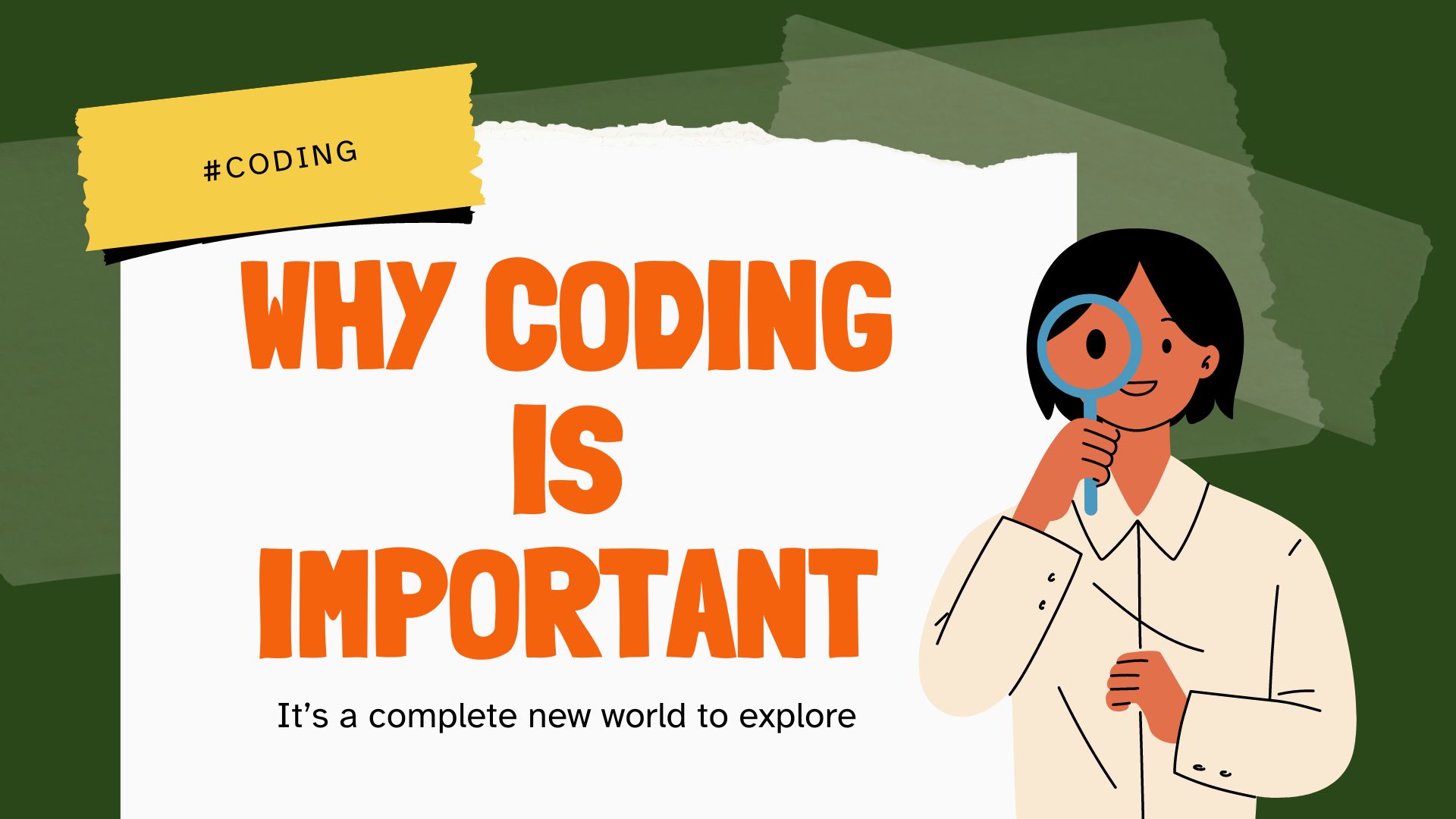
Coding is essentially the process of giving instructions to a computer to perform tasks. When we code, we learn to break down complex problems into smaller, manageable steps. This problem-solving approach can be applied to various real-life situations, encouraging critical thinking and logical reasoning.
Technology is evolving at a unique level. Many of the jobs of the future will require a basic understanding of coding. Even if students don't pursue a career in programming, having coding skills will make them more adaptable and better prepared for the job market.
Coding is not just about following strict rules; it's also a creative endeavor. We can use code to bring their imaginative ideas to life, whether it's designing a video game, creating digital art, or building interactive websites. This creativity nurtures their innovative thinking.
Coding often involves math concepts like geometry, algebra, and problem-solving. By practicing these math skills in a coding context, students can develop a deeper understanding of mathematical concepts.
In a world driven by technology, it's crucial for students to understand the technology they use daily. Coding demonstrates how software, apps, and websites work, making students more informed and knowledgeable consumers.
The demand for coding skills is ever-increasing, and many well-paying jobs in fields like software development, data analysis, and artificial intelligence require coding proficiency. Teaching students to code can open doors to a wide range of career opportunities.
Coding is at the heart of innovation. It empowers individuals to create new software, applications, and technologies. Many groundbreaking inventions and startups have coding as their foundation.
Coding can be used to create tools and applications that improve accessibility for individuals with disabilities, making the digital world more inclusive and equitable.
In conclusion, coding is not just about programming computers; it's about empowering youngsters to think critically, solve problems, and adapt to a rapidly changing world. It promotes creativity, strength, and the skills necessary for success in the 21st century. By introducing coding to youngsters early on, we are setting them on a path to a brighter and more promising future, where they can shape and navigate the digital landscape with confidence and competence.
